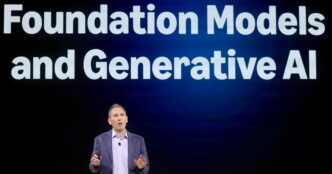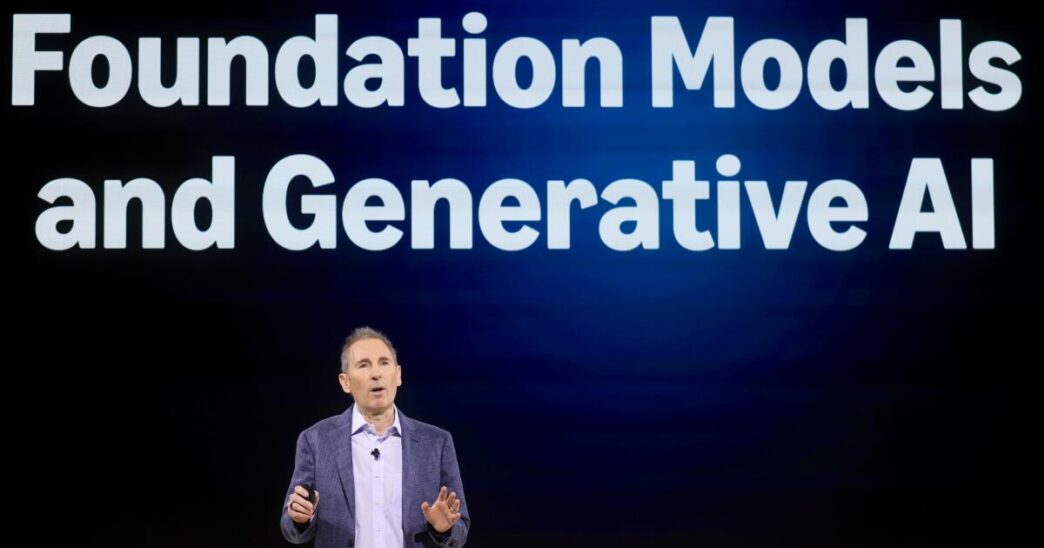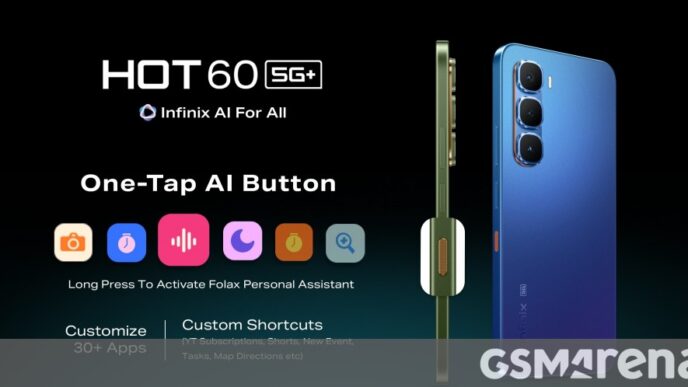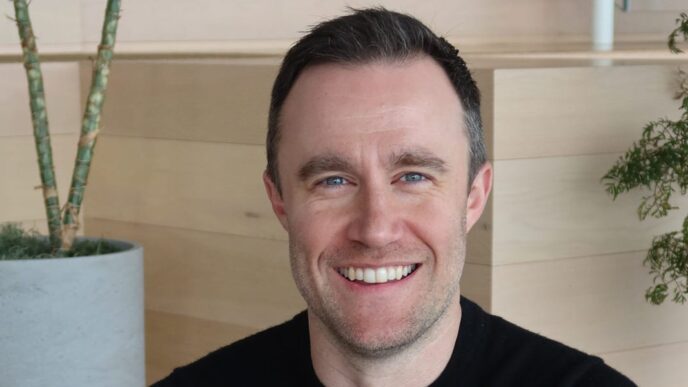Amazon, Salesforce, and others are cutting jobs as they lean heavily on AI.
Amazon CEO Andy Jassy said last month the company expects a smaller workforce as AI boosts efficiency. Salesforce CEO Marc Benioff revealed AI already does 30% to 50% of its work.
AI startups like Anthropic warn more than half of entry-level white-collar jobs could vanish in the next one to five years.
Workers are uneasy. Half of U.S. employees fear AI’s future impact on jobs, according to Pew Research. Few believe AI will create new opportunities.
Big tech giants Microsoft, Intel, Amazon, and Meta are slashing staff while pushing AI tools that write code, analyze data, and automate repetitive tasks.
Robert Lucido from Magnit said:
“AI isn’t just taking jobs. It’s really rewriting the rule book on what work even looks like right now.”
The scope of AI disruption remains debated. OpenAI CEO Sam Altman acknowledged pain but pushed back on a mass white-collar job wipeout.
Sam Altman stated in a New York Times interview:
“I do totally get not just the anxiety, but that there is going to be real pain here, in many cases,”
“In many more cases, though, I think we will find that the world is significantly underemployed. The world wants way more code than can get written right now.”
Tech companies want “purple unicorns” — rare, ready-to-go hires over trainees, said Lucido.
Pre-ChatGPT, AI eased tasks like content curation and virtual assistants. ChatGPT’s superpowers kicked off an AI arms race, fueled by massive spending on data centers.
The U.S. Bureau of Labor Statistics says job displacement from tech takes longer than expected. It projects growth in roles like software developers, financial advisors, engineers, and lawyers despite AI advancements.
AI could automate up to 30% of U.S. job hours by 2030, per McKinsey Global Institute. STEM jobs will rise, but roles in customer service and office support will dip.
McKinsey partner Anu Madgavkar said:
“A large part of that work involves skills, which are routine, predictable and can be easily done by machines,”
More job cuts are coming. Challenger, Gray & Christmas reported 74,716 tech job cuts from January to May, up 35% from last year.
Some layoffs explicitly cite AI investment. Autodesk cut 9% of its workforce, 1,350 jobs, blaming macroeconomic and geopolitical strains plus AI focus.
Other cuts, like fintech Block’s 8% trimming, deny AI as the main reason.
Autodesk EVP Diana Colella said AI won’t replace creativity:
“It’s scary when people don’t know what their job will look like in a year. Still, I don’t think AI will replace humans or creativity but rather act as an assistant.”
Demand for AI skills is surging. Autodesk’s 2025 AI Jobs Report found rising need for AI engineers, content creators, and solution architects across multiple industries.
Colella added on worker adaptation:
“The skills are still key and important,”
“They just might be used for a different product or a different service.”














